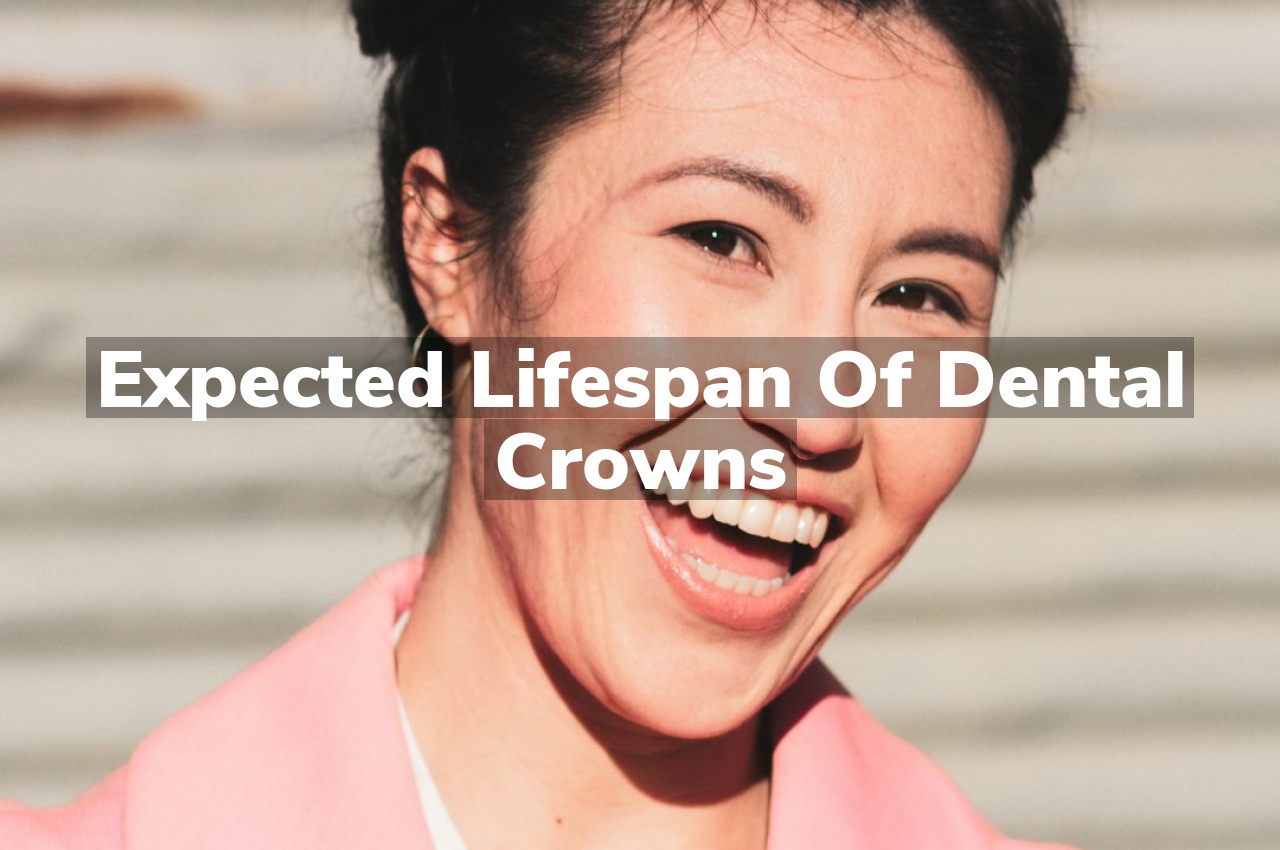How long can you expect your dental crowns to last? The lifespan of dental crowns typically ranges from 5 to 15 years, depending on various factors including wear and tear. This duration can vary widely based on individual habits and oral hygiene practices.
Factors Influencing Crown Lifespan
The durability and longevity of dental crowns are influenced by a myriad of factors, each playing a pivotal role in how long your dental restoration can last. One of the primary determinants is the material from which the crown is made. With options ranging from porcelain and ceramic to gold and metal alloys, the choice of material significantly impacts the crown’s resistance to wear and tear, as well as its ability to withstand the forces of chewing. For a comprehensive understanding of the different materials available, consider exploring Types of Dental Crowns: An Overview, which provides valuable insights into each option.
Another crucial factor affecting the lifespan of a dental crown is the quality of care it receives. Regular dental check-ups, proper oral hygiene, and avoiding habits that could damage the crown, such as teeth grinding or chewing on hard objects, are essential practices that contribute to extending the life of your dental crown. The interaction between these elements and their collective impact on the crown’s durability underscores the importance of informed decision-making and diligent care in maintaining oral health.
Average Lifespan of Dental Crowns
The durability and longevity of dental crowns are influenced by a variety of factors, including the material from which they are made, the patient’s oral hygiene practices, and the amount of wear and tear the crown is exposed to. On average, dental crowns can last between 5 to 15 years, but with proper care and maintenance, some crowns can last even longer. The lifespan of a dental crown also depends on its location in the mouth; crowns placed on teeth that are involved in heavy chewing may not last as long as those placed on teeth that undergo less stress.
Materials like porcelain, ceramic, gold, and metal alloys are commonly used for dental crowns, each offering different benefits in terms of aesthetics, strength, and durability. Regular dental check-ups and good oral hygiene are crucial in extending the life of a dental crown, regardless of its material. Enhance your teeth with custom dental crowns.
Types of Dental Crowns Compared
When considering the expected lifespan of dental crowns, it’s essential to understand the different types available. Generally, dental crowns can be made from materials such as porcelain, ceramic, metal alloys, composite resin, or a combination of these materials. Each type has its own set of characteristics in terms of durability, aesthetics, and compatibility with the natural teeth. Porcelain and ceramic crowns are popular for their natural appearance, making them ideal for front teeth restorations. Metal alloys, known for their strength and resilience, are often used for back teeth where the chewing pressure is greatest. Composite resin crowns offer a balance between aesthetics and strength but may not be as durable as porcelain or metal. The choice between these materials can significantly influence the overall longevity and performance of dental crowns.
Signs of Crown Replacement Need
Understanding when it’s time to replace a dental crown is crucial for maintaining oral health. Some common signs that may indicate the need for a crown replacement include noticeable wear or damage to the crown, discomfort or pain in the crowned tooth, and visible signs of decay around the crown’s edges. Additionally, if the crown becomes loose or falls out, it’s a clear indication that a replacement is necessary. Changes in bite or difficulty in chewing can also suggest that the crown’s fit is no longer optimal. Regular dental check-ups are essential in monitoring the condition of dental crowns and addressing any issues promptly. For those seeking professional dental care, Alliance Dental Care offers experienced services, ensuring your dental needs are met with precision. Learn more about how a Meridian Dentist can assist in maintaining your dental crowns for optimal oral health.
Impact of Oral Hygiene Practices
The longevity of dental crowns is significantly influenced by oral hygiene practices. Regular and proper care of the mouth, including the teeth and gums, plays a crucial role in maintaining the structural integrity and appearance of dental crowns. The interaction between oral hygiene and the materials used for crowns can affect their lifespan, with diligent care potentially extending their durability. Conversely, neglecting oral hygiene may lead to issues that could compromise the effectiveness and longevity of these dental restorations.
Conclusion
For more insights, read reviews on Google Maps. To discuss further, call us at 208-646-9461 .




